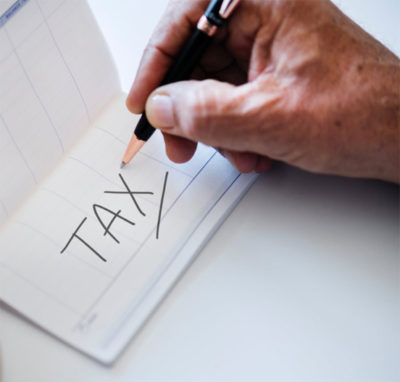There are a lot of “urban legends” concerning the ability of a debtor to discharge tax debts in Bankruptcy. The rules are complicated and it takes an experienced Bankruptcy attorney to help taxpayers navigate the rules on when a tax is dischargeable and what types of taxes are dischargeable.
The most common question concerns the dischargeability of personal income taxes. Generally, if a tax return was due more than three years before the filing of the Bankruptcy (including extensions) and was actually filed more than two years before the filing of the Bankruptcy and was not assessed within the 240 days prior to the Bankruptcy, the tax debt can be discharged. This can be very complicated and the assistance of counsel is useful.
There is a provision in the Bankruptcy Code that seems to indicate that a “late filed” return does not count as a return at all and some courts will say that the tax debt will never be discharged if the return was not filed by the deadline date. Other courts disagree with that. If you have late filed or unfiled returns it is very important that you consult with an experienced Bankruptcy attorney to find out what you may be facing.
There are other tax debts that businesses incur. Payroll taxes that are withheld from the employee’s paycheck are never dischargeable and can become the personal liability of the owner of the business even if the business is a corporation or an LLC. The same rules will apply to TPT (sales taxes) incurred within three years prior to Bankruptcy. There are strategies to consider and if you have tax problems and are considering filing for Bankruptcy, you should talk to counsel experienced in these matters.


